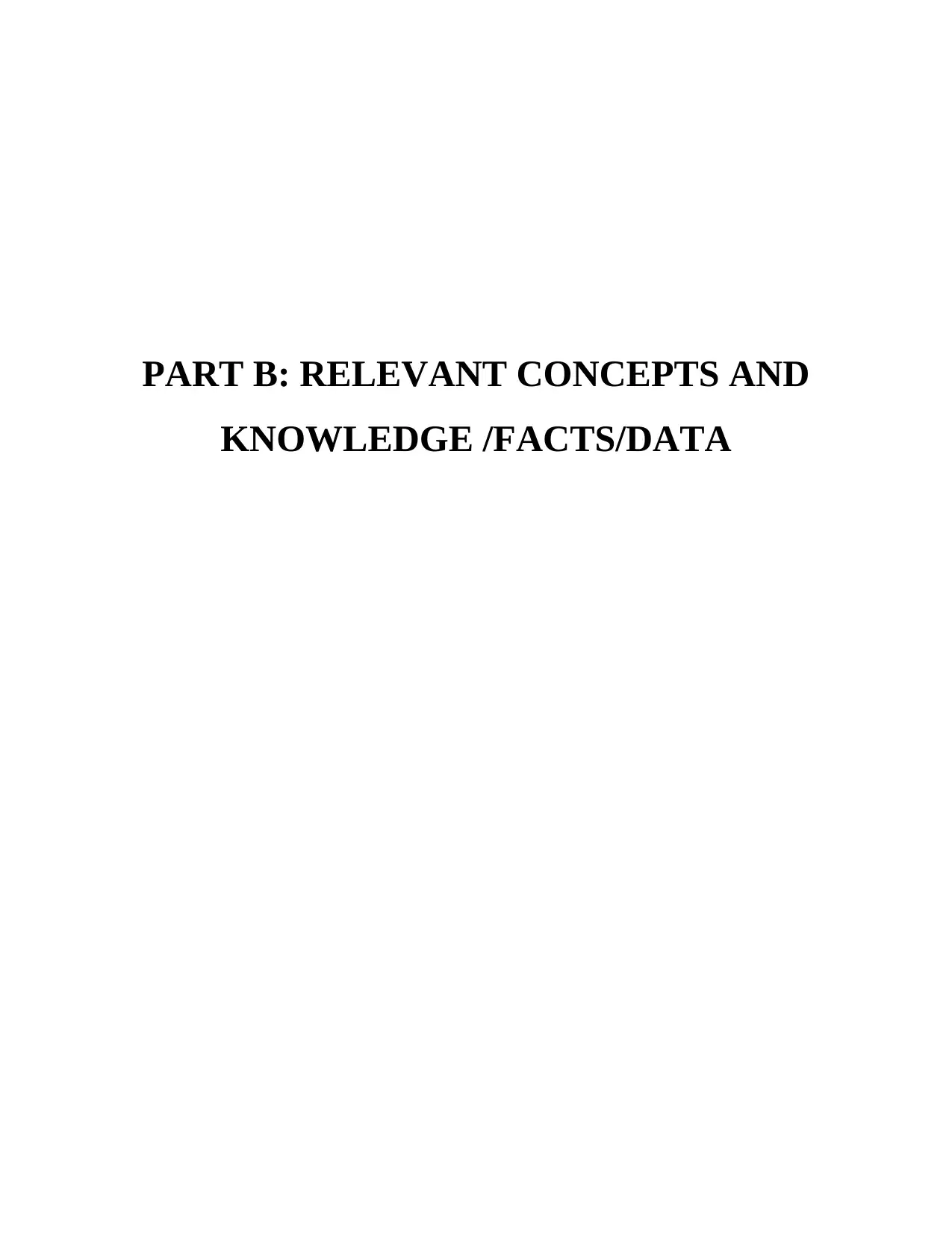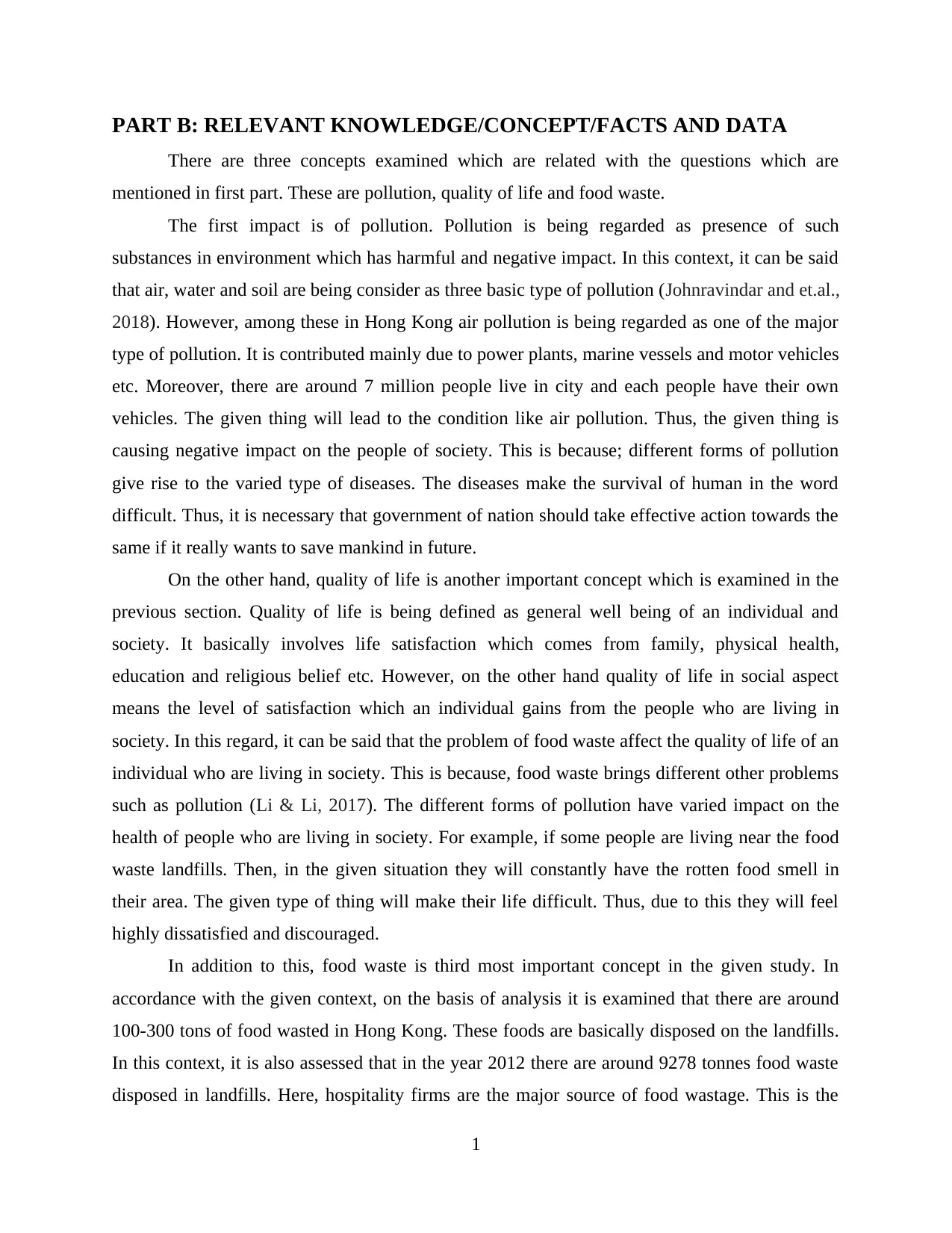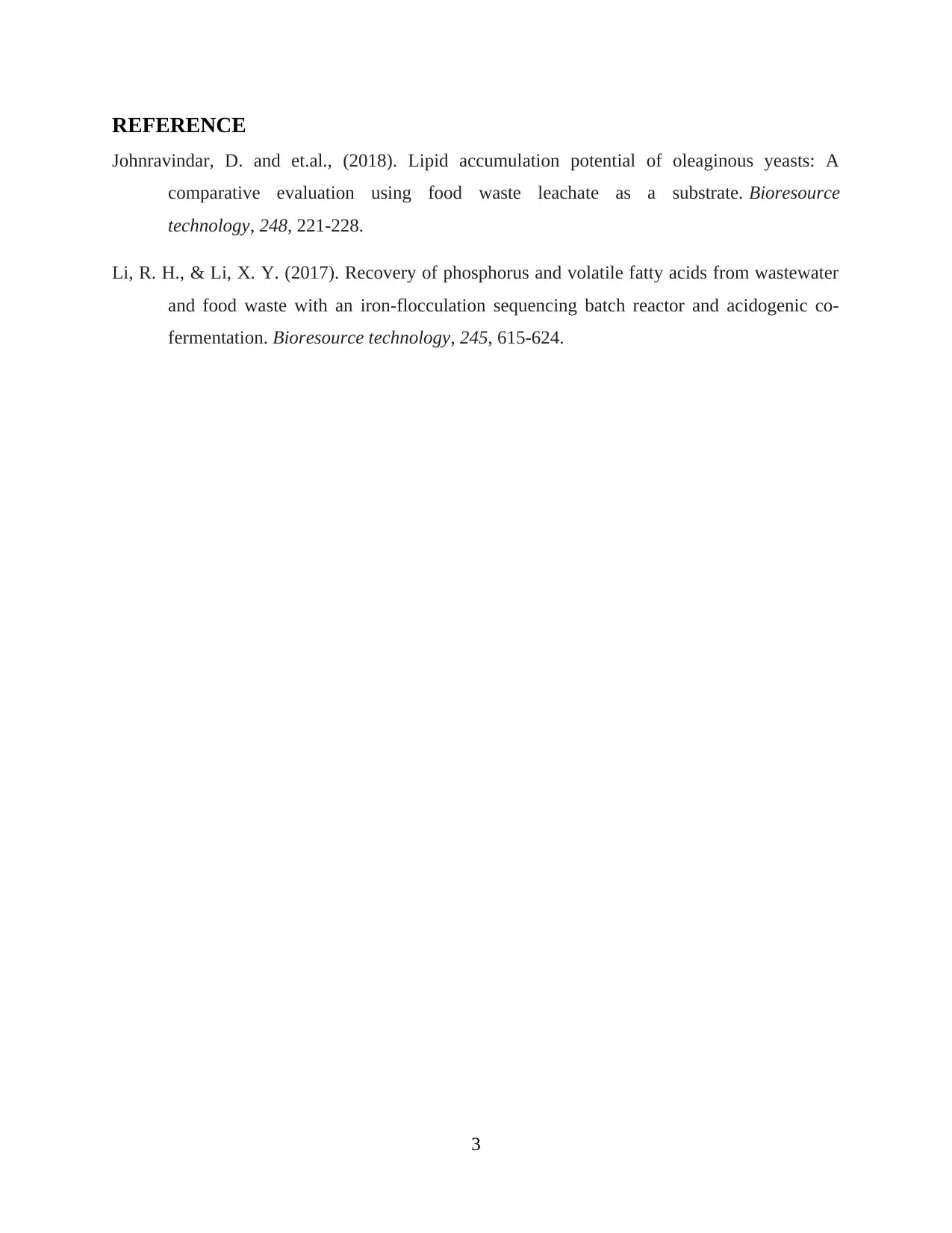Analysis of Pollution, Quality of Life, and Food Waste in Hong Kong
VerifiedAdded on 2019/10/01
|4
|646
|167
Report
AI Summary
This report analyzes the impact of pollution, quality of life, and food waste in Hong Kong. It highlights air pollution, caused by vehicles and power plants, as a major concern, affecting public health. The report discusses the concept of quality of life, emphasizing its link to environmental factors and social satisfaction. It also examines the significant issue of food waste, with an estimated 100-300 tons disposed of in landfills daily, with hospitality firms contributing a large portion. The report references supporting data and studies, and underscores the need for effective government action to mitigate environmental issues and improve the well-being of Hong Kong residents.
1 out of 4











![[object Object]](/_next/static/media/star-bottom.7253800d.svg)